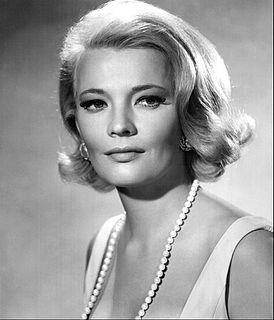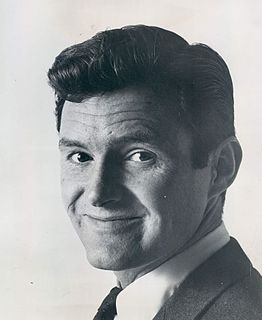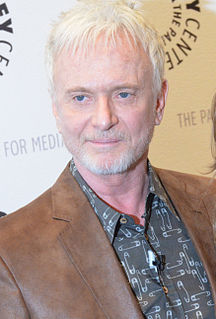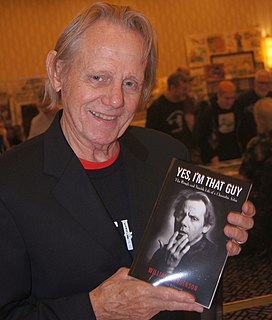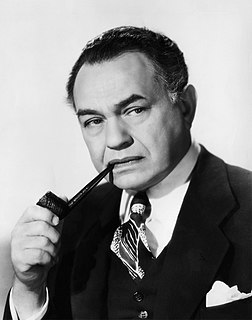A Quote by Michael Stuhlbarg
I play Edward G. Robinson [in Trumbo], who was a close friend and a co-worker of Dalton's [Trumbo]. They worked together on at least one or two screenplays. A lot of these stories take famous people and show you who they are behind the scenes, which is kind of fun. One of the things about getting to play Edward G. Robinson was learning who the man was away from his movie-star exterior.
Quote Topics
Related Quotes
I got a part opposite Edward G. Robinson in a play called Middle of The Night, which Paddy Cheyafsky had written. It played for a long time because everybody just loved Edward G. Robinson, everybody in New York wanted to see it. John and I were married at the time and put into a position where I was working very long evening hours and he was working in the daytime and so there was a lot of spare time.
Hedda Hopper was a better direct opponent to [Dalton] Trumbo. We wanted to use Trumbo's battles to represent the larger battles, so the audience could understand the personal sacrifice he went through and the personal damage to his family. The choices were about who were the best representations of his antagonists, which is why we chose as we did.
I tensed for the spring, my eyes squinting as I cringed away, and the sound of Edward's furious roar echoed distantly in the back of my head. His name burst through all the walls I'd built to contain it. Edward, Edward, Edward. I was going to die. It shouldn't matter if I thought of him now. Edward, I love you.
In the case of drama (stage, movies, television ), there appear to be people in almost every audience who never quite fully realize that a play is a set of fictional, symbolic representations. An actor is one who symbolizes other people, real or imagined. [...] Also some years ago it was reported that when Edward G. Robinson, who used to play gangster roles with extraordinary vividness, visited Chicago, local hoodlums would telephone him at his hotel to pay their professional respects.

